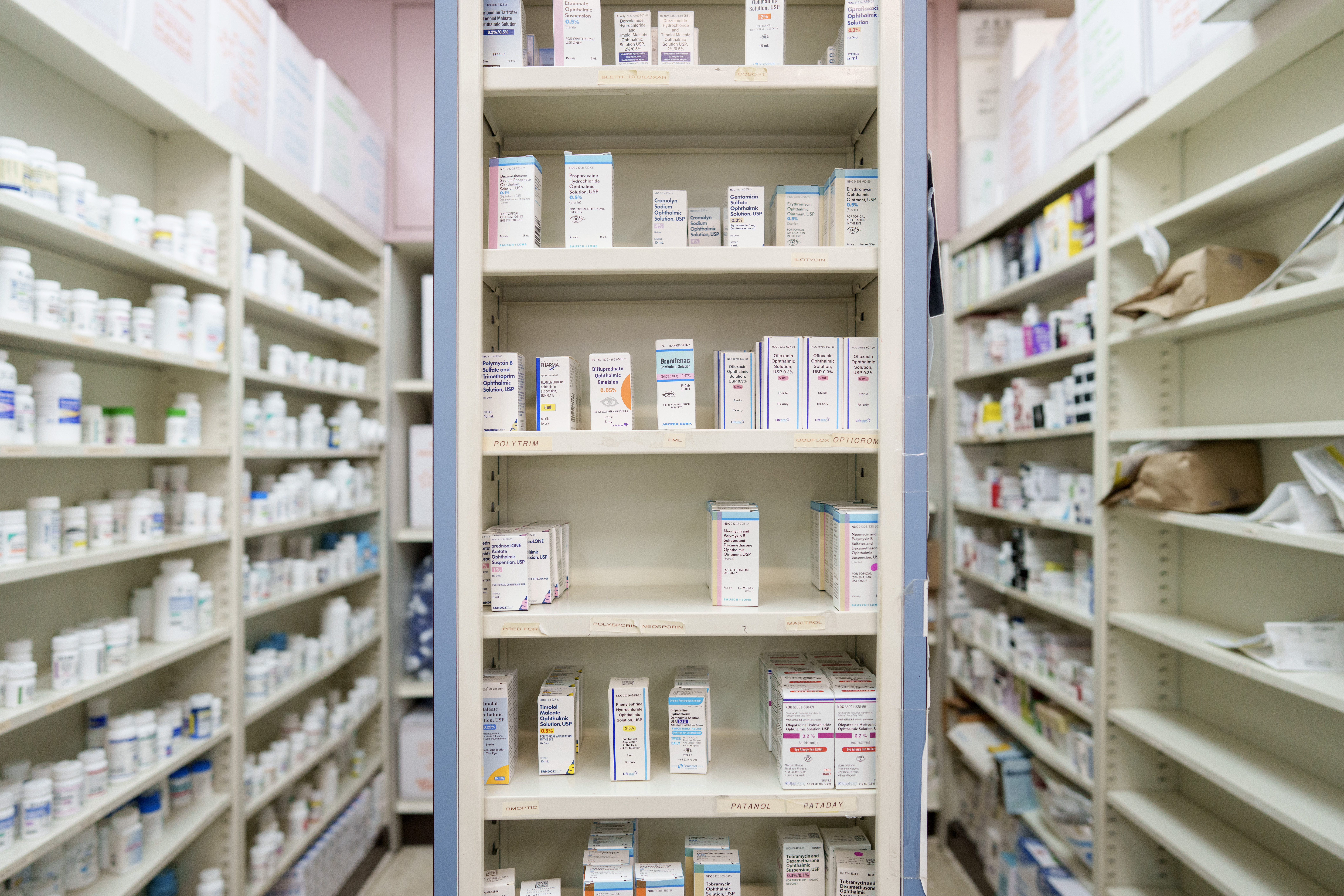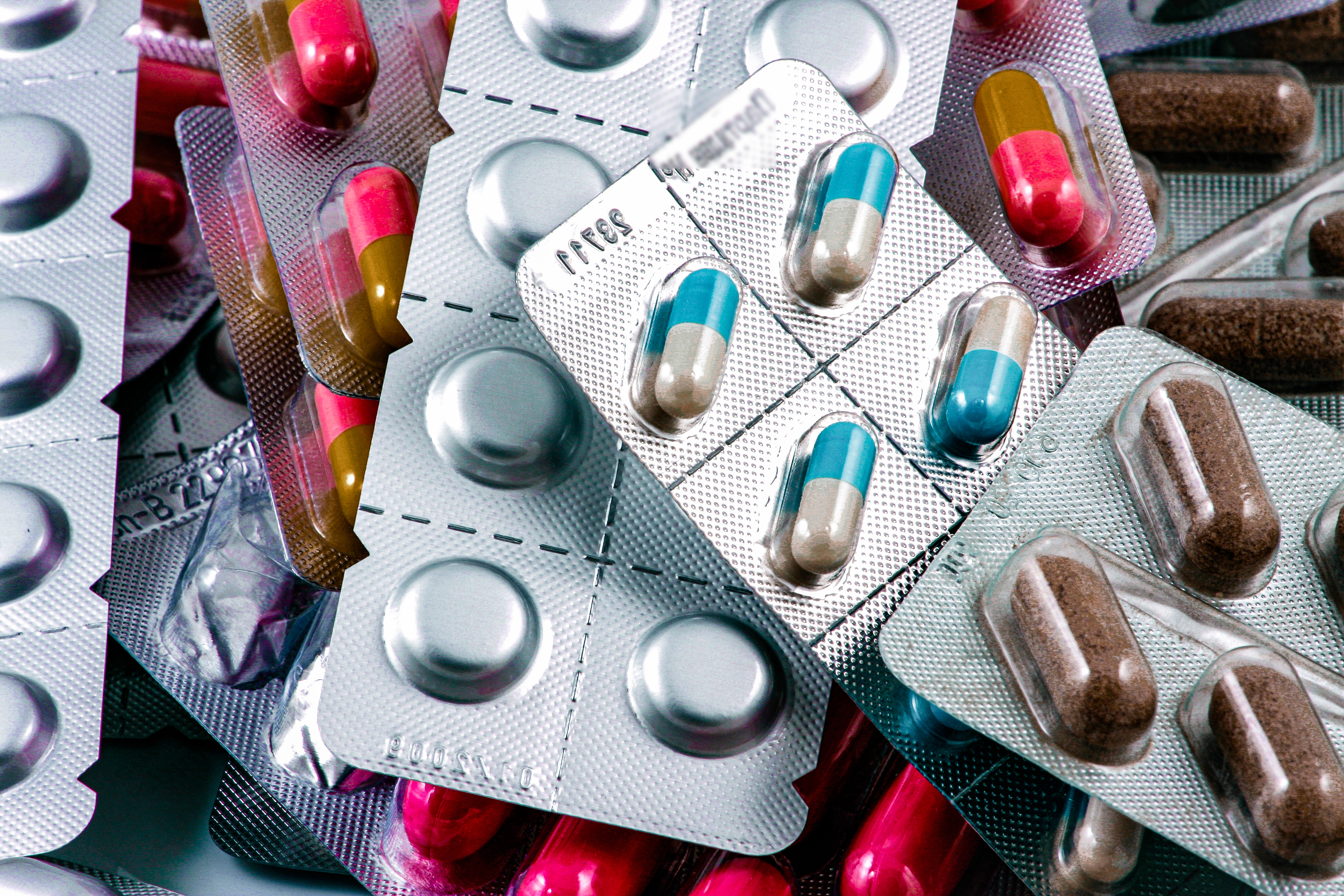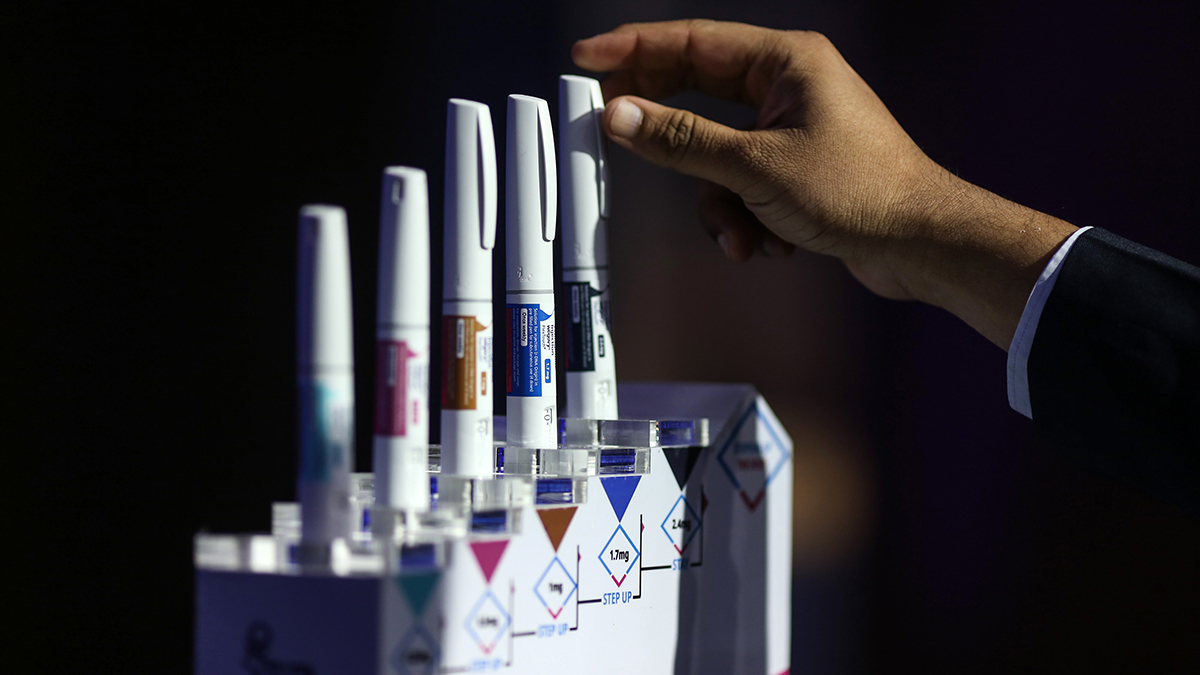President Donald Trump announced Tuesday that his administration has reached a deal with Pfizer for it to voluntarily sell its drugs at lower prices to Medicaid patients.
As part of the deal, Trump said, Pfizer will sell some of its drugs on a new “direct to consumer” website called “TrumpRx.” Trump said the website would be operated by the federal government, but offered few details about how the program would work.
The deal Pfizer cut with the White House will give the company a three-year grace period on Trump’s planned tariffs on pharmaceuticals made abroad, which are expected to take effect Wednesday.
The agreement on lower prices will cover “a large majority” of Pfizer’s primary care medicines, along with speciality brand-name drugs, which will be offered at discounts averaging 50% and reaching as high as 85%, a spokesperson for the company said.
That includes Pfizer’s menopause drug Duavee, which will be available for as little as $30 — an 85% reduction, the spokesperson said. The overactive bladder drug Tobias will drop 85% to $42, while its skin ointment Eucrisa will see an 80% cut to $162.
Trump said moving forward, all new drugs introduced by Pfizer to the U.S. market will be sold at the lower prices.
“This is a really big announcement,” Trump said from the White House. “This is something that most people said was not doable.” Trump suggested more deals with other drugmakers would follow, but didn’t name any companies.
Experts, however, were unsure the deal would result in meaningful savings for Americans.
Stacie Dusetzina, a health policy professor at Vanderbilt University in Nashville, Tennessee, said direct to consumer sales “are not going to help the average person at all with achieving lower costs.”
Typically, with direct to consumer sales, patients must pay out of pocket, rather than use their insurance.
“These announcements serve as good PR for the drug companies but are more of a gimmick that only help a very small number of people,” Dusetzina said.
“Instead, the average American is likely to be harmed by the broader policies pushed by the Administration, including a 100% tariff on drugs,” Dusetzina said of the overall deal. ”This will raise prices for consumers, not lower them.”
US & World
Prescription drug prices are notoriously higher in the U.S. than in other wealthy countries, including for generic drugs.
A 2022 survey by KFF, a nonpartisan health policy research group, found 3 in 4 U.S. adults say the cost of medications is unaffordable.
Pfizer, among the largest drugmakers in the U.S., makes a range of drugs, including the blood thinner Eliquis, the cancer drug Ibrance and the Covid vaccine. (Eliquis was among the drugs included in the first round of Medicare drug pricing negotiations during the Biden administration. The negotiated price is set to go into effect in 2026.)
The deal is part of Trump’s broader effort to implement a “most favored nation” pricing model for prescription drugs, meaning that the U.S. pays no more than the lowest prices charged in other wealthy countries.
In May, Trump signed an executive order outlining the initiative, which directed federal officials to pursue a plan that would tie the amount the government pays for certain drugs to the prices paid overseas.
Pfizer is the first drugmaker to announce a deal under the plan.
The company will also announce a $70 billion investment in research and development and domestic manufacturing.
Prescription drugs prices are notoriously higher in the U.S. than in other wealthy countries.
A 2022 survey by KFF, a nonpartisan health policy research group, found 3 in 4 U.S. adults say the cost of medications is unaffordable.

Want more insights? Join Working Title - our career elevating newsletter and get the future of work delivered weekly.


